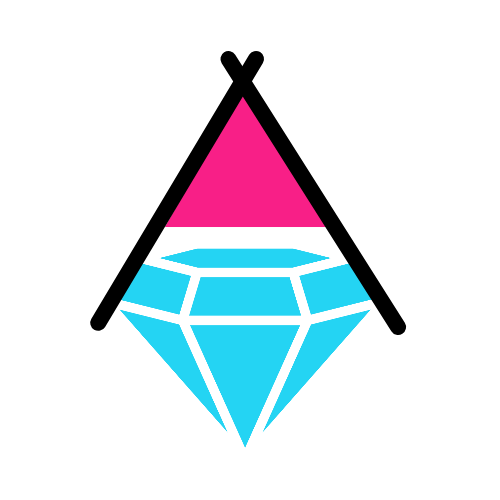NFT stands for Non-Fungible Token. It is a type of digital asset that represents ownership or proof of authenticity of a unique item or piece of content using blockchain technology. Unlike cryptocurrencies such as Bitcoin or Ethereum, which are fungible and can be exchanged on a one-to-one basis, each NFT is distinct and cannot be exchanged on a like-for-like basis.
NFTs are often used to represent digital art, collectibles, music, videos, virtual real estate, and other digital or physical assets. The ownership and transaction history of an NFT are recorded on a blockchain, providing a transparent and decentralized ledger.
Here are some of the leading NFT marketplaces:
OPENSEA
OpenSea: OpenSea is one of the largest and most well-known NFT marketplaces. It supports a wide range of digital assets, including art, collectibles, and virtual real estate. Users can create, buy, and sell NFTs on the Ethereum blockchain.
It is the most trusted and ancient platform founded in 2017. It’s interface is very easy to learn. Hence, many beginners prefer this platform.
This platform charge a minute transaction fee.(2.5%). The most common cryptocurrencies used on OpenSea are Etherium, Solana, Polygon, and Avalanche. There is a fees for listing on Etherium.
RARIBLE
Rarible: Rarible is a decentralized marketplace for creating, buying, and selling NFTs. It operates on the Ethereum blockchain and allows users to mint their own NFTs without coding skills.
You can proceed on Rarible with Ethereum, Polygon, Tezos and Immutable X. However, they will charge a little fees.
BINANCE
Binance NFT offers all the digital assets also available in other platforms: artwork, gaming items and collectibles. A big advantage is that it has a low fees. It takes only 1% transaction fee.
Because of less fee and user-friendly interface, many beginners choose this platform.
The platform has a well-reputed image in cryptocurrency.
Key characteristics of NFTs include:
- Uniqueness: Each NFT is unique and distinguishable from other tokens, making it one-of-a-kind.
- Indivisibility: NFTs cannot be divided into smaller units like traditional cryptocurrencies. They exist as whole tokens.
- Ownership and Authenticity: NFTs use blockchain technology, typically on platforms like Ethereum, to establish ownership and verify the authenticity of the digital or physical asset they represent.
- Smart Contracts: NFTs often utilize smart contracts, which are self-executing contracts with the terms of the agreement directly written into code. Smart contracts enable automated processes, such as royalty payments to creators every time the NFT is sold or transferred.
